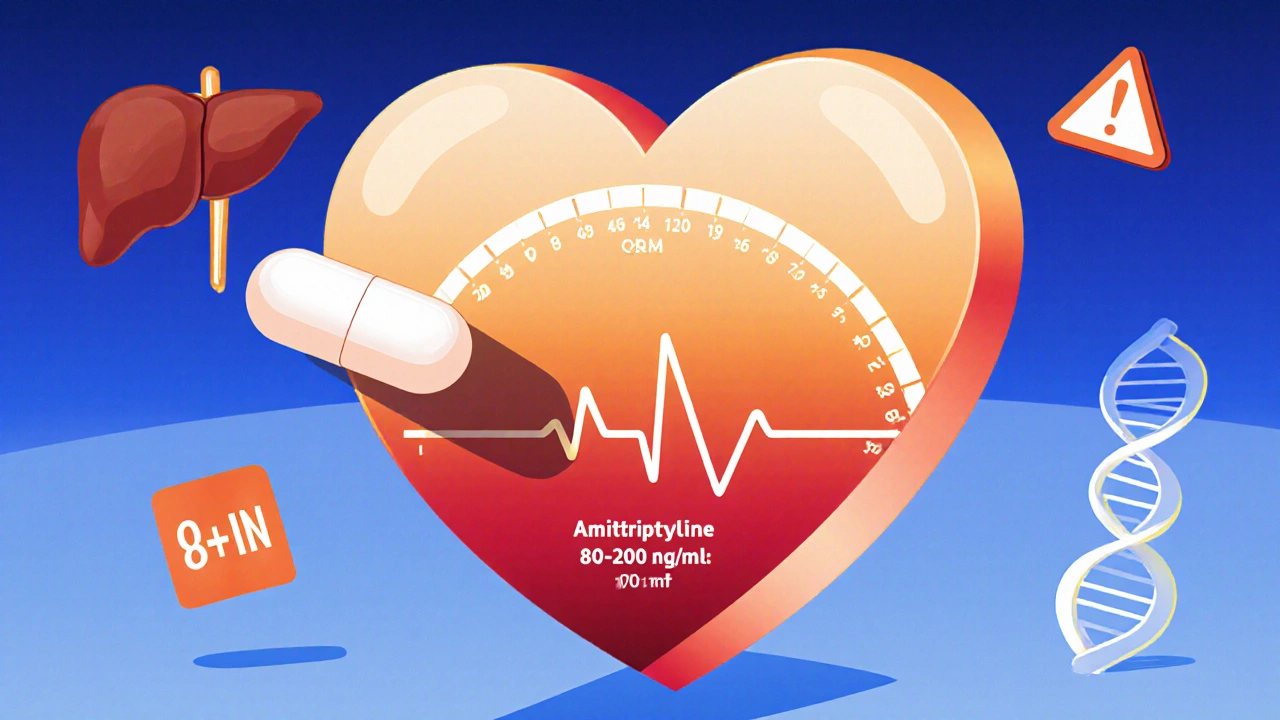TDM: Therapeutic Drug Monitoring Explained with Real-World Examples
When you take a medication, not everyone absorbs or processes it the same way. That’s where TDM, Therapeutic Drug Monitoring comes in. It’s not just checking if a drug is in your system—it’s making sure it’s in the right amount to work without hurting you. Think of it like tuning a radio: too little signal and you miss the station; too much and you get static. TDM does that tuning for your body, using blood tests to track how much drug is circulating at any given time.
It’s especially critical for drugs with a narrow safety window. For example, anticonvulsants, medications used to control seizures like phenytoin or valproate can cause brain damage or liver failure if levels creep too high. On the flip side, if levels drop too low, seizures return. antibiotics, like vancomycin or aminoglycosides need TDM too—because underdosing lets infections survive, and overdosing can wreck your kidneys. Even antidepressants, including SSRIs and tricyclics, benefit from monitoring. Some people metabolize them fast and need higher doses; others slow them down and risk toxicity. Genetics play a big role here, and that’s why TDM is often paired with pharmacogenomics—like testing for CYP2D6 variants—to predict how you’ll handle a drug before you even start.
TDM isn’t just for hospital patients. It’s used in chronic conditions like epilepsy, heart failure, and autoimmune diseases. If you’ve ever had a blood test after starting a new med and your doctor said, "We’re adjusting your dose," that was likely TDM in action. It’s not magic—it’s science. But it’s science that saves lives. You won’t find TDM mentioned on every pill bottle, but if you’re on a high-risk drug, it’s probably already part of your care plan. The posts below show real cases: how drug levels affect heart rhythm in QT-prolonging combinations, why vancomycin needs careful tracking, how genetic differences change drug metabolism, and why some medications require more monitoring than others. These aren’t theoretical discussions—they’re lived experiences that show why knowing your drug levels isn’t optional. It’s essential.

Therapeutic Drug Monitoring for Tricyclic Antidepressants: How to Prevent Toxicity and Save Lives
- by Colin Edward Egan
- on 18 Nov 2025
Therapeutic drug monitoring for tricyclic antidepressants prevents life-threatening toxicity by measuring blood levels to ensure safe dosing. Learn why TDM is essential for amitriptyline, nortriptyline, and other TCAs.
